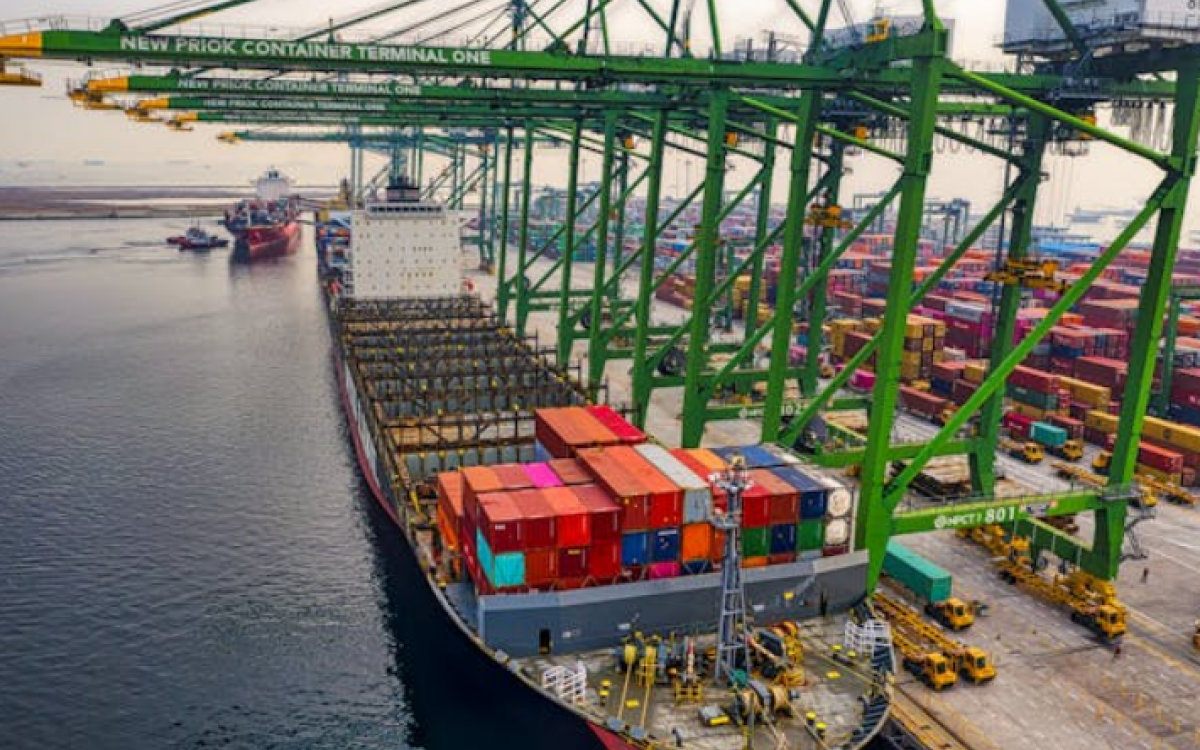The importance of documentation in importation.
Import documentation is an essential aspect of international trade and global logistics. Below, I explain its main importance from different perspectives:
Legal and customs compliance
Avoids penalties and fines: Correct documentation ensures that the goods comply with all the regulations of the importing country.
Facilitates customs clearance: It allows customs authorities to quickly verify and process shipments.
Prevents smuggling and fraud: Transparent documentation contributes to safer and more legal trade.
Logistical and operational control
Tracking of goods: Documents such as the commercial invoice or bill of lading allow the shipment to be tracked.
Inventory management: Accurate information on quantities, weights and characteristics helps plan reception and storage.
Problem solving: In case of loss or damage, the documentation serves as evidence for claims against insurance companies or suppliers.
Facilitates payment and financing.
Bank documentation: In transactions such as letters of credit, banks require specific documents to release payments.
Guarantee for importers and exporters: Ensures that both parties fulfil their contractual obligations.
Commercial transparency
Avoids commercial disputes: Clearly defines the terms of the transaction: price, delivery conditions, insurance liability, etc.
Protects the interests of the buyer and seller.
Most important documents in an import transaction
Commercial invoice
Packing list
Bill of Lading (AWB)
Certificates of origin
Insurance documents
Health or phytosanitary permits (if applicable).
